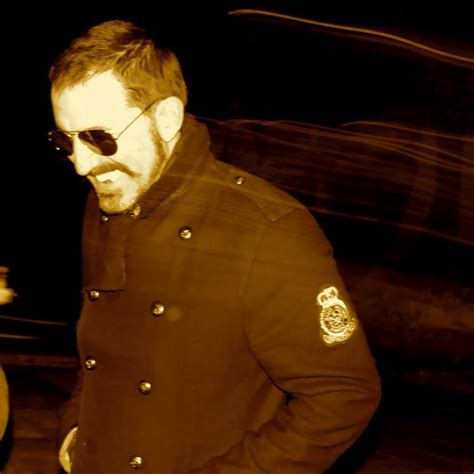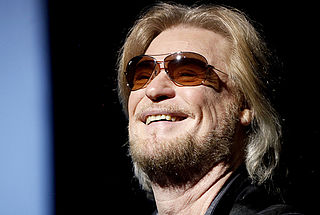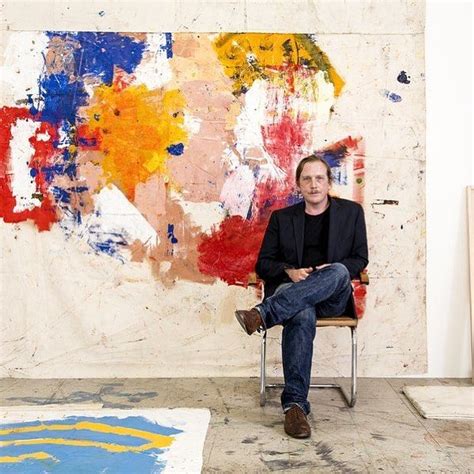A Quote by Kumail Nanjiani
Most of my exposure to American pop culture was through this weird prism of 'Mad' magazine.
Related Quotes
I have always looked at the world through the prism of money to some degree. If you could follow the money, it explains a lot of things, in all sorts of aspects of the world. You can look at politics through the prism of money. You can look at art through the prism of money. You can look at sports through the prism of money.
Since we launched the original 'Pop Idol' in England, I've remained close with Simon Fuller. Working as executive producer on 'American idol' for its first seven years not only was an inspirational journey into the heart of American pop culture, it opened my eyes to the untapped potential of the incredibly dynamic young people in this world.

































